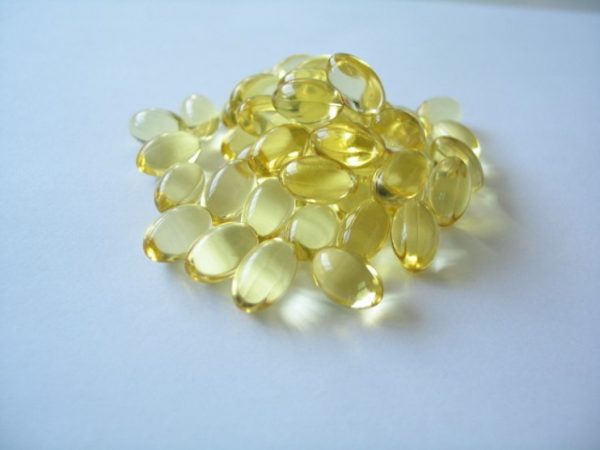
Consider taking Vitamins & Minerals after 50
As we age our body requires certain vitamins and minerals to keep us fit and healthy. A well-planned diet filled with good nutritious foods should be part of our diet rather than from pills. Including vegetables, fruits, dairy, healthy cooking oil, good breakfast items, proteins should help our body to get enough of those required nutrients. What we need to understand is different foods have different nutrients. Selecting assorted food groups every week will help body to get and maintain those vitamins and minerals.
Unless recommended by your physician, it is better to get the nutrients from food. Reason for this is, nutrient -dense foods contain other goodies and help us be stronger. For example, when we eat leafy vegetables, apart from iron we also get fiber that are essential for digestion.
In adults (age 50 & above) lack of minerals and vitamins could lead to different conditions and body becomes susceptible to various diseases. Immune system suffers, and body feels lethargic. It can also lead to depression, lack of appetite, kidney stones, blood pressure, body aches,
In case, you feel tired and feel low energy, talk to your doctor about the nutrients you might need. Ask whether your body needs vitamins or minerals. In case your doctor recommends you take supplements look for the supplement that contains the mineral or vitamin you need without other unnecessary ingredients.
- Read label to understand the dosage and dosage should not be large.
- Avoid supplements with mega doses as too much vitamins and minerals can be harmful and your body might end up with things that you don’t really need
- Ask for the brands and generic supplements to keep your cost low. Pharmacists can help you with selection.
- When you buy vitamins or minerals see the measurements and recommended dosage. The common measurements used are: mg for milligram, mcg for microgram and IU is for international unit. The size of international unit depends on the drug.
- The key minerals and vitamins required for people above 50: Vitamin D, Vitamin B12, Calcium, Magnesium and Potassium
- Vitamin D: 15 mcg each day and not more than 100 mcg. Fortified milk, milk products and fortified cereals, juices are sources for vegetarians. Don’t forget to sit in the sunlight to get enough Vitamin D. Deficiency of Vitamin D can cause many issues including body pain and obesity. Vitamin D plays important role in absorption of calcium.
- Vitamin B12: 2.4 mcg required every day. Milk, breakfast cereals contain some amount of vitamin B12. Above 50 it is hard to absorb vitamin B12 from food. Vitamin B12 supplements will fulfill the need. Lack of vitamin B12 leads to memory problems such as psychosis, dementia and can cause constipation, numbness in hands and feet etc.
- Calcium: Men need 1000 mg calcium between age 51-70. Women who is going through menopause also need enough calcium and recommended is 1200 mg/day. With change in estrogen level, women need to have stronger bone and for this it is essential to consume calcium every day to avoid bone loss. Tofu, soy product, milk and other dairy products are rich in calcium.
- Magnesium: Women need 320 mg magnesium every day. Men require 420 mg magnesium. It is generally present in leafy vegetables, whole grains, legumes, nuts, seeds and cereals and other fortified foods. People who suffer from fibromyalgia will have low level of magnesium and vitamin D.
- Potassium: Both men and women need 4700 mg potassium each day to stay fit. Potassium is present in fruits, vegetables, dairy products, lentils, potato, apricot, banana etc. Insufficient potassium level can cause breathing issues, blood pressure and cardiovascular problem and digestive issues.
Before buying supplements follow a structured diet that contains good amount of nutrients. If you feel any symptoms related to vitamins and mineral deficiency go for a thorough examination. Your doctor will be able to direct and recommend you the vitamins or minerals or both that your body might need.
References:
https://www.nia.nih.gov/health/vitamins-and-minerals
Image credit: Photo by Konrad Socha from FreeImages (Free for commercial use)
Author: Sumana Rao | Posted on: June 12, 2019
« Guidelines for safe food handling Hot Flash symptoms and remedies »






















Write a comment